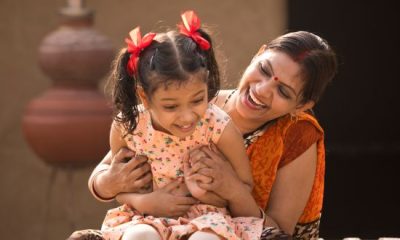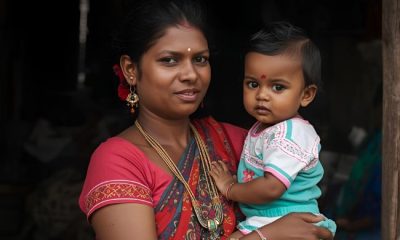New Delhi: Washing hands is the most basic activity. Yet we need books and lectures to inculcate it among kids. One such book we picked this week is “I Don’t Want to Wash My Hands!” by Tony Ross. It takes the mundane task of handwashing and transforms it into an exciting adventure. The book follows the Little Princess, a charming and relatable character, who, like many kids, doesn’t see the point in washing her hands.
With a touch of humor and relatability, the book takes the Little Princess through various situations where she discovers the significance of handwashing, especially after activities like playing outside or using the bathroom.
The book is filled with vibrant, expressive illustrations that bring the Little Princess’s antics to life, making it easy for children to see themselves in her shoes. Not only is it entertaining, but it also serves as an educational tool. It effectively teaches children the importance of hand hygiene in a way that they will enjoy and remember.
Overall “I Don’t Want To Wash My Hands” is a delightful and interactive story that will leave a lasting impression on young readers.
NDTV – Dettol have been working towards a clean and healthy India since 2014 via the Banega Swachh India initiative, which in its Season 10 is helmed by Campaign Ambassador Ayushmann Khurrana. The campaign aims to highlight the inter-dependency of humans and the environment, and of humans on one another with the focus on One Health, One Planet, One Future – Leaving No One Behind. It stresses on the need to take care of, and consider, everyone’s health in India – especially vulnerable communities – the LGBTQ population, indigenous people, India’s different tribes, ethnic and linguistic minorities, people with disabilities, migrants, geographically remote populations, gender and sexual minorities. In a world post COVID-19 pandemic, the need for WASH (Water, Sanitation and Hygiene) is reaffirmed as handwashing is one of the ways to prevent Coronavirus infection and other diseases. The campaign will continue to raise awareness on the same along with focussing on the importance of nutrition and healthcare for women and children, fight malnutrition, mental well-being, self-care, science and health, adolescent health & gender awareness. Along with the health of people, the campaign has realised the need to also take care of the health of the eco-system. Our environment is fragile due to human activity, which is not only over-exploiting available resources, but also generating immense pollution as a result of using and extracting those resources. The imbalance has also led to immense biodiversity loss that has caused one of the biggest threats to human survival – climate change. It has now been described as a “code red for humanity.” The campaign will continue to cover issues like air pollution, waste management, plastic ban, manual scavenging and sanitation workers and menstrual hygiene. Banega Swasth India will also be taking forward the dream of Swasth Bharat, the campaign feels that only a Swachh or clean India where toilets are used and open defecation free (ODF) status achieved as part of the Swachh Bharat Abhiyan launched by Prime Minister Narendra Modi in 2014, can eradicate diseases like diahorrea and the country can become a Swasth or healthy India.
























